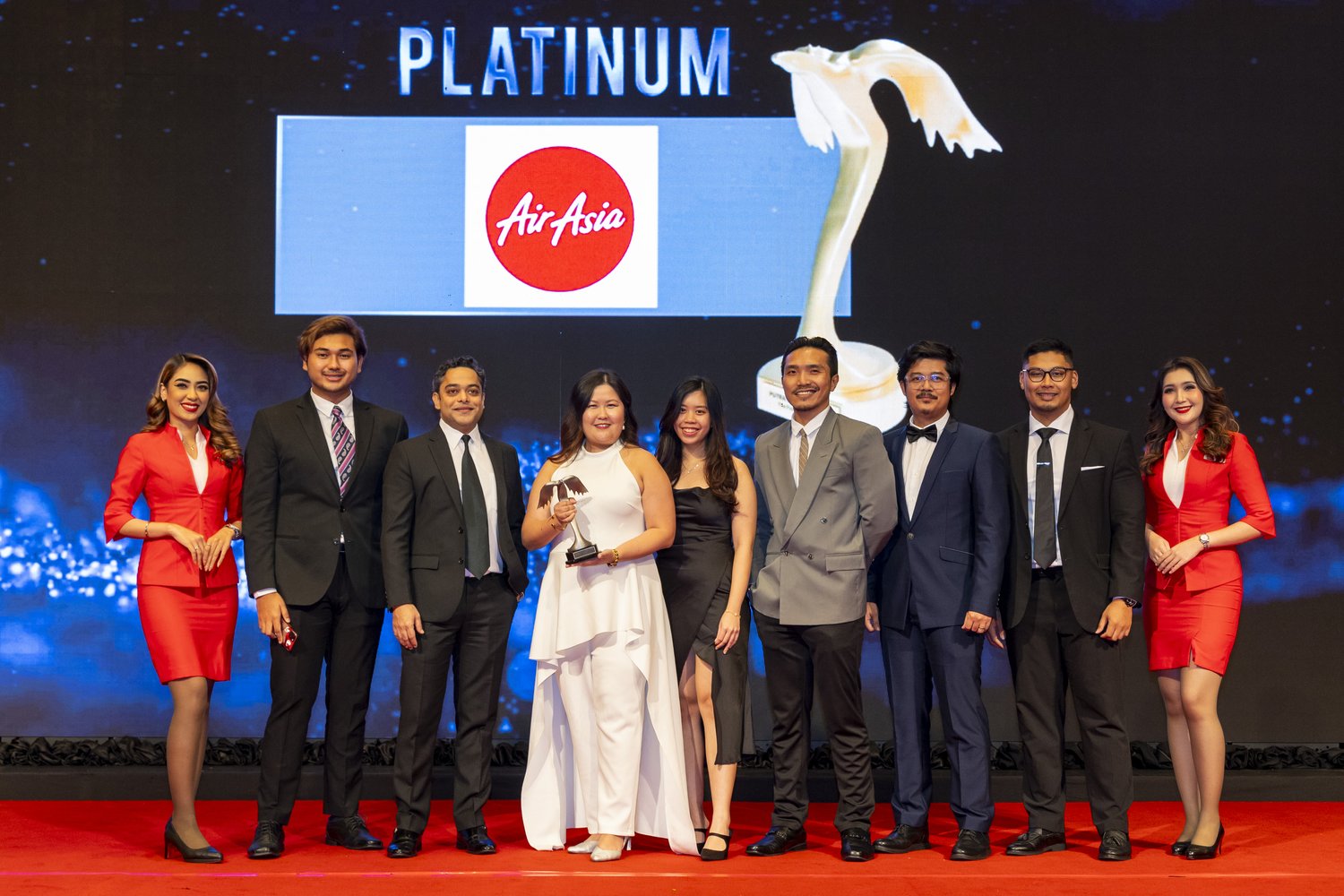Search Blog
Hit enter to search or ESC to close
Trending Now
AirAsia wins Platinum in travel category at Putra Brands Awards
- Get link
- X
- Other Apps
Touch ‘n Go Wins Super Aspiring Brand Award in the Lifestyle Category at the Shopee Super Awards 2023
- Get link
- X
- Other Apps
AirAsia Group is doubling down on its sustainability strategy to rebuild post pandemic, one year after joining Bursa Malaysia’s FTSE4GOOD Index.
In its 2020 Sustainability Report, released last month, the airline and digital group’s latest materiality matrix saw it put emphasis into 10 key areas, led by Customer Relationship Management, Technology & Innovation and Health and Safety. By strengthening these core pillars, the group aims to improve its attainments on six UN Sustainable Development Goals.
In the early part of the year, the group’s key priority was to address the concerns of guests adversely impacted by COVID-19 flight cancellations. Last year (2020) our customer support channels experienced a significant increase in the volume of queries, handling over 44 million guest queries vs. 23 million in 2019. To handle the increase to over 550,000 requests daily at peak, the group leveraged on AI and chatbots to massively expand its communications capacity. A consistent communications campaign was also launched to acknowledge guests’ concerns and highlight the channels where they can find assistance. AirAsia also called upon close to 1,800 staff volunteers to assist our contact centre teams during the pandemic peak. The group is proud to report that its Net Promoter Score (measure of customer satisfaction) has continued its upward trajectory, registering a significant boost from 38 to 52 for 2019 and 2020 respectively while 2020 customer satisfaction and first contact resolution surveys were above 90%.
A silver lining of the pandemic has enabled the business to accelerate its transformation from an airline into a digital travel and lifestyle company. These businesses, from airasia farm to airasia food, have not only increased AirAsia’s ancillary revenue at a crucial time but also extended much needed digital support to thousands of small and medium-sized businesses impacted by Covid restrictions. Under airasia Digital, the group’s Redbeat Academy leveraged on its partnership with Google to offer digital edutech courses and provide reskilling opportunities for staff affected by the company’s right sizing exercise.
The third priority addressed health and safety measures undertaken to ensure a safe flying experience for guests and a safe working environment for AirAsia Allstars. Over recent times, the airline has implemented numerous innovations to make flying not only safe and affordable, but more hygenic, seamless and contactless, including self check-in, automated bag drop, contactless boarding procedures, and our own version of a digital passport called Scan2Fly. AirAsia is also soon to launch biometric facial recognition technology, called F.A.C.E.S at key ports, starting in Klia2 in coming weeks, following a successful trial at Johor’s Senai Airport. Safety equipment was provided to all frontline staff while AirAsia’s Work From Home policy kicked off seamlessly through its early adoption of cloud hosting technologies and workplace communications tools. Also importantly, AirAsia staff were provided with mental health support throughout this challenging year, from peer support and professional help to digital wellness programmes.
In the remaining seven material matters, the highlights of the sustainability report include AirAsia strengthening its governance processes across the board. Policies were revised to address business risks in the new normal while increased vigilance was placed on digital security to ensure data safety and privacy protection.
On the environment, AirAsia submitted its first carbon emissions report to regulators to set the baseline for its climate action programme under the Carbon Offset and Reduction Scheme for International Aviation. For social contributions, AirAsia flew thousands of stranded travellers and expatriates home and operated over 1,400 cargo flights to transport urgently needed medical aid across the region. AirAsia Foundation and IKHLAS also partnered with BigPay financial services app to raise close to RM1.5 million to support the basic needs of families severely impacted by regional lockdowns.
AirAsia Group CEO Tony Fernandes said: “Last year was without any doubt, our most challenging on record but the silver lining is that it re-emphasised the importance of building a robust sustainability strategy into our business. Furthermore, our digital transformation which started back in 2018 was able to be fast tracked leveraging our investments in technology which gave us a head start in pivoting to now become the fastest growing super app in Asean.
“However, the airline remains a backbone of the business and a transportation lifeline to help economies rebuild and communities recover. During the downtime in flying we have had an opportunity to review every aspect of the operation to rebuild and recover stronger than ever when travel restrictions ease. We will also be doing a lot more to support sustainable travel whilst driving tourism volume growth once again through our great value fares. This will complement the programmes we are putting in place to reduce and offset carbon emissions from our flights,” he added.
Fernandes said for 2021, the group will continue targeting its ten material matters and step up measures to meet the goals of SDG 5 Gender Equality and SDG 13 Climate Action. The former will see AirAsia introduce new initiatives to counter the disproportionately negative impact of COVID-19 on women in general. These include plans to publish AirAsia’s first diversity report and policies to ensure that the company’s hard won achievements in raising the number of women pilots and engineers in the industry over the last 15 years is preserved.
With the international carbon offsetting scheme coming into effect this year, AirAsia is also exploring options to introduce voluntary carbon offsetting on all its flights so that offsetting funds can be used to boost the work of social enterprises and non-government organisations in the fields of climate change, environmental protection and heritage conservation.
You May Also Like
Affordable, Simple, and Accessible: DearTime Launches as Malaysia’s First Life Insurer in the BNM Sandbox
- Get link
- X
- Other Apps
HONOR Launches New Tablets, HONOR Pad X8a Available in LTE and Kids Edition Starting at RM699
- Get link
- X
- Other Apps
Onboarding Suppliers to Accelerate Responsible Supply Chain Management
- Get link
- X
- Other Apps











